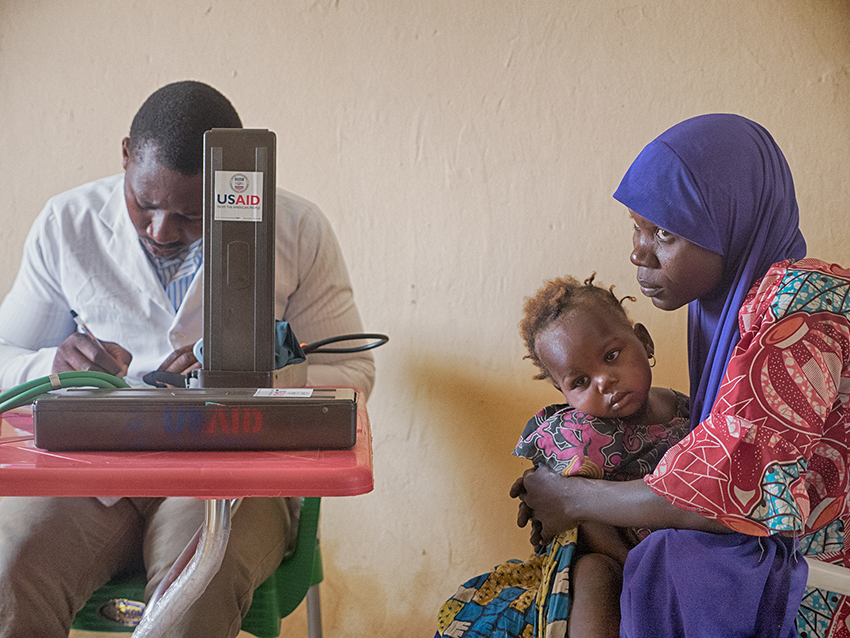Starting life strong in slums: the role of engaging vulnerable groups on sanitation and nutrition
Thu, 08/31/2017
Children in a slum in Dhaka,
Bangladesh.
Credit: UN Photo/Kibae Park
Credit: UN Photo/Kibae Park
Crowded slums,
poor sanitation and unhealthy diets. It’s a potent cocktail and for too
many families across the world, a daily reality. Right now, an estimated one
billion people live in slums and that number is expected to double by 2030.
Slums are where the many deprivations facing the urban poor collide, including
lack of access to clean drinking water, sanitation, safe and nutritious foods,
sufficient living space, durable housing and secure tenure (UN Habitat).
They’re where human waste is routinely emptied into streets, canals, and
garbage dumps. And where overcrowding and low rates of immunization and
breastfeeding combine to exacerbate the already perilous problems children
face.




